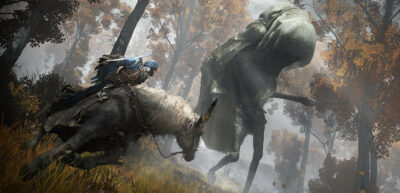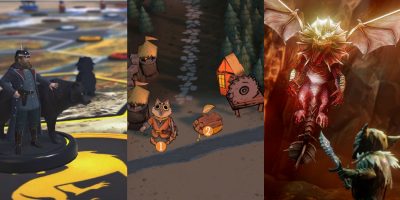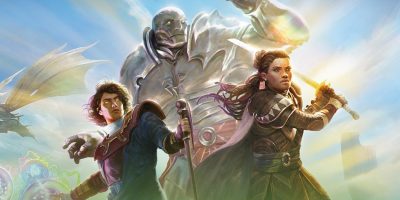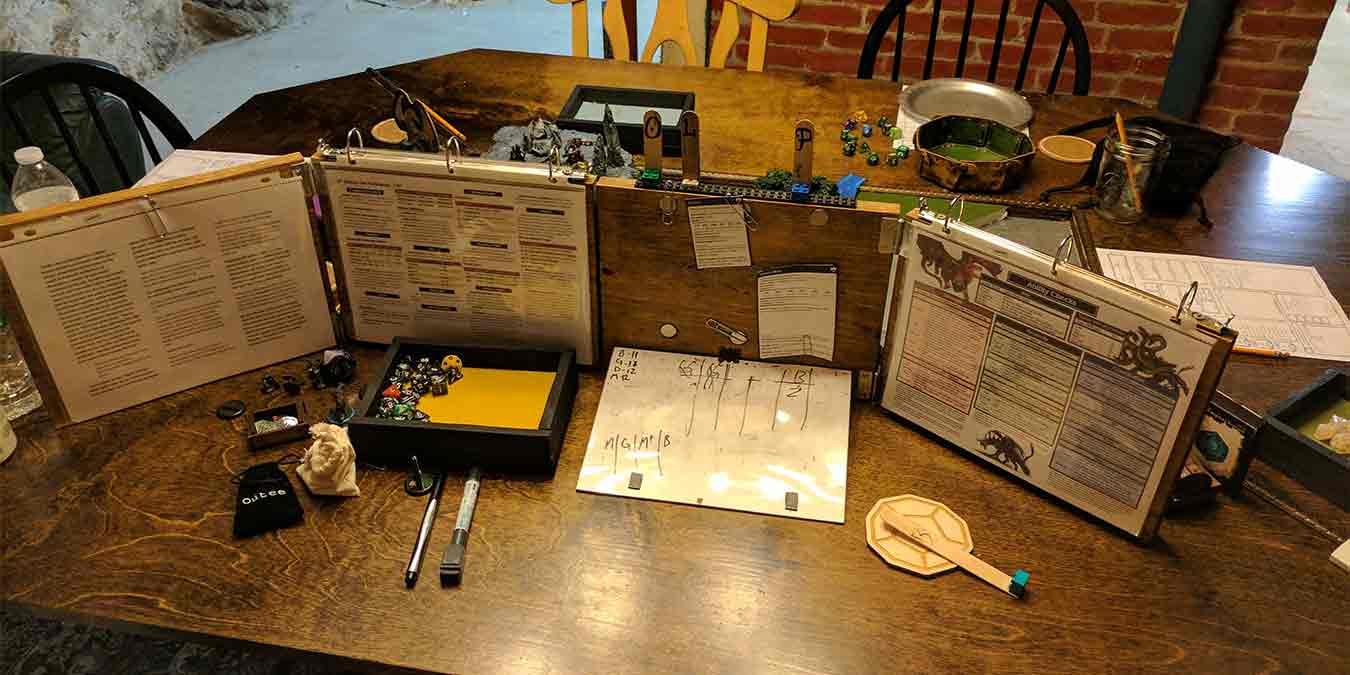
Maybe you’re a regular player character in other people’s campaigns and you want to try telling a story from the other side, or maybe you’ve watched Critical Role and the position of Dungeon Master called out to you. Whatever brought you here, this list is meant to give you the advice and skills you need to become the best Dungeon Master you can be.
While this article will be addressing the role of DM as it pertains to Dungeons and Dragons, these tips can pertain to any Table Top RPG, so if D&D isn’t your thing, check out these Table-Top alternatives.
Finding players
First and foremost, if you want to run a campaign, you’re gonna need some players. If you’re already a regular player and you’re looking to transition to DMing, finding players could be as easy as talking to your current group and asking if they would like to switch it up next campaign, your current DM may appreciate the switch as well.

However, if you are completely new to Dungeons and Dragons and don’t feel as though you have a network of friends who would be interested in playing. Apps like Facebook, Reddit, and Meetup are good for finding players in your area who are looking for DM. Just be clear that you are new to it and establish what you are looking for and you can organize together! (more on setting game expectations below). There are also specific sites you can visit that allow for long distance, virtual tabletop experiences in case you can’t find a group of people that all live in the same area.
Improvisation is your friend
The most important thing to keep in mind when DMing your first table top game is that your story will be constantly changing and not always in the direction you expected. It’s impossible to account for every possible scenario your players could create so your notes should be broad enough that they can be reworked on the fly.

Don’t stress out about it either, it can be incredibly rewarding to watch your story unfold in a direction you weren’t expecting. While it’s by no means required, Critical Role‘s own Matt Mercer recommends taking improv classes to better hone this skill if the idea of making things up on the spot scares you.
You are not a computer
Do not stress about having every single rule memorized. There are certain fundamental rules you should be pretty well-versed in, but as long as you have a basic working knowledge of how the game functions, there is no shame in needing to pause gameplay every once in awhile to look something up. Just make sure you aren’t looking up rules so often that it starts to negatively impact the flow of the game.

You are also allowed to make mistakes. As long as you are honest with your players and willing to acknowledge it, they will most likely forgive you and your game will not be ruined.
Have a conversation with your players about expectations
Your first session before you officially start the campaign (typically called Session Zero) is a good place to have this conversation, but it can be beneficial to have it even earlier. Make sure it isn’t a meeting where you are simply telling your players what is expected of them. D&D is a collaborative experience and while you may technically be the God of their world, it’s important that your players also have a voice in how to story may be told. Discuss tone, length of sessions, character dynamics within the party, and other things that may come up in-game that could potentially cause irritation if expectations differ.
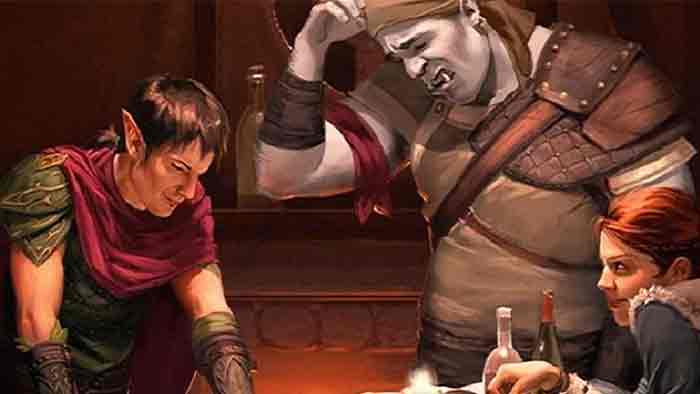
Tonal differences can be grating if one person wants to play like it’s Lord of the Rings, and everyone else wants to play like it’s Dude Where’s My Car but Medieval times. Likewise, one player might feel as though they are being held hostage by a session that has passed the four hour mark when they were expecting it to last two and a half.
Ease yourself into it
If you want to be a Dungeon Master, no doubt it is because you have a powerful imagination. You probably have ideas for a sweeping campaign for your players involving your very own unique characters and monsters. That spark is important do not lose it. Home-brewing content is tempting and creatively satisfying; however, jumping headfirst into the deep end and creating everything from scratch can very quickly overwhelm a new DM.
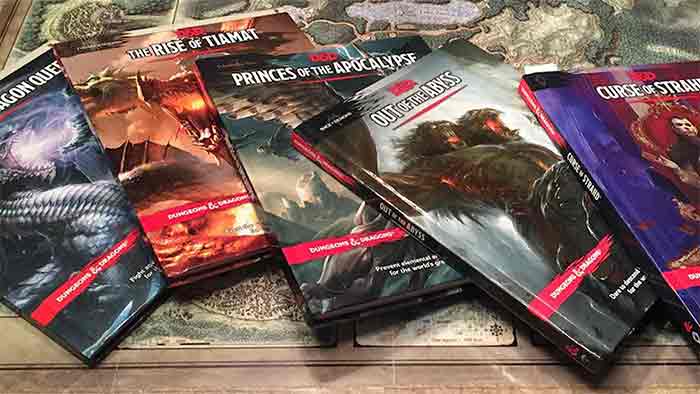
Instead, start with something pre-written, Wizards of the Coast has plenty of deeply engaging campaigns already fully mapped out and once you get more comfortable with these, you can start adding in your own details, until finally (and probably sooner than you think) you’ll have the experience needed to build a campaign that’s 100% yours.
Dungeons and Dragons is not You vs. Them
It is completely understandable that when crafting a world for your players, you get attached to the NPCs you’ve given life to, and it can no doubt be frustrating when Trader Joe the shop keep you gave an entire backstory to it unceremoniously killed. But it is important to keep in mind that Dungeons and Dragons is never a game of You vs. Them, even when it is literally every member of the party rolling against you as the Big Bad.
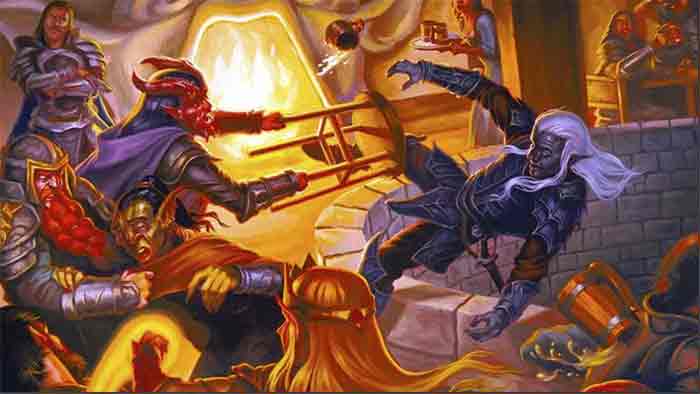
Remember D&D is a collaborative story, and that aspect should be celebrated. You are not fully at your player’s mercy and they should not be fully at yours. It is important to take every decision your characters make in stride but it is also important that if you feel like your hard work in creating their world is constantly being diminished, that you communicate with them about it. Odds are they aren’t doing it on purpose, and there is probably some disconnect in expectation. As long as you are open and communicative with your players, able to adjust the story to their choices, and know that you aren’t expected to know every rule or detail at the drop of a hat, you and your players will have a wonderful time creating whatever emotional, comedic, dark, or whimsical story you all decide on.
Other tabletop games you can check out that don’t require a DM can be found here at best tabletop games you can play today.






